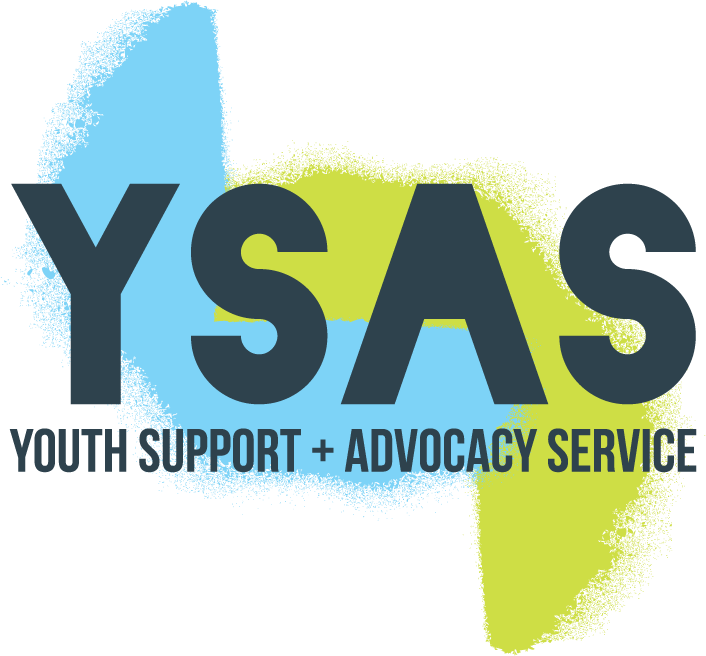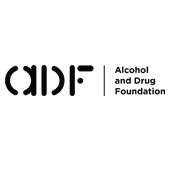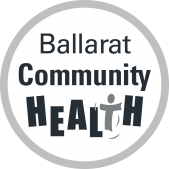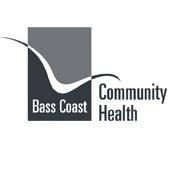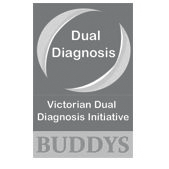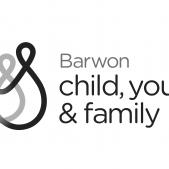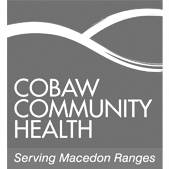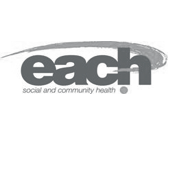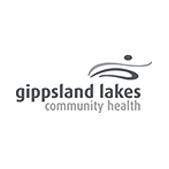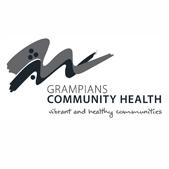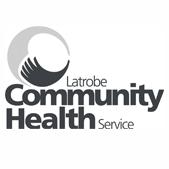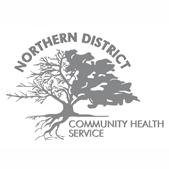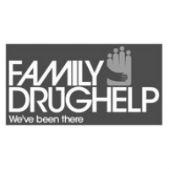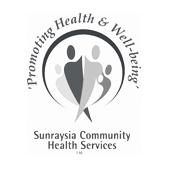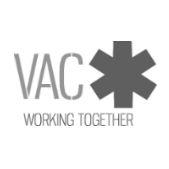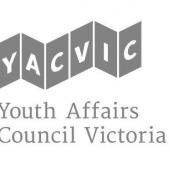Has a problem, Is experimenting
Communicating your concerns about drug or alcohol use
Telling a young person you suspect they are using drugs or that you suspect their use is a problem is potentially one of the hardest conversations to have.
This type of conversation will be easier if you practice effective communication skills and if you are already comfortable talking to a young person about drugs in general (We recommend the ADF's great resource for this!)
Here are some tips for raising the issue:
PLAN THE TIME TO TALK
Things probably won’t go so great if you are angry or upset. Similarly if a young person is substance affected it’s probably not the best time to raise your concerns.
PRACTICE WHAT YOU WANT TO SAY
Think about what you want to say in advance and practice it. Check out our article on effective communication for more ideas.
DON"T BE TOO DIRECTIVE
At this early stage try to avoid being too directive such as telling a young person they need to stop or go and get help. This is likely to create barriers to a young person seeking help and support. Reactive ultimatums are not usually useful either although limits and consequences can be negotiated at the right times.
THINK ABOUT THE SETTING AND THE TONE
It is likely young people won’t want to tell you if they are using drugs or experiencing problems. Unfortunately many young people feel a sense of shame. Therefore bringing up this subject is likely to make a young person feel anxious, trapped or threatened. The flight or fight response in a young person could be triggered meaning they may either shut down and not talk or get angry and defensive. To limit this, pay attention to where and how you talk to a young person. Choose somewhere the young person feels safe and comfortable, make sure your tone and body language are open and warm.
REMAIN CALM AND SUPPORTIVE
Rather than jumping to blaming or accusing statements try to remain calm and frame the conversation as one based on your concern and desire to support.
BE PREPARED THAT IT MAY TAKE TIME
Even if a young person doesn’t admit to using or having a problem and even if a young person finds this type of conversation too difficult, experiencing effective communication and your attempts to support will increase the likelihood that they will eventually be able to talk honestly with you.
YoDAA have developed a video to help you communicate your concerns to a young person about drugs for the first time. If you've tried in the past to raise your concerns and a young person doesnt want to talk about their drug use, this video gives practical information on what you can do.
Was this helpful? We also recommend this comprehensive information about communication from Jesuit Social Services.




